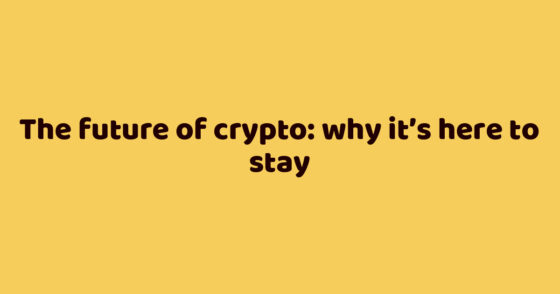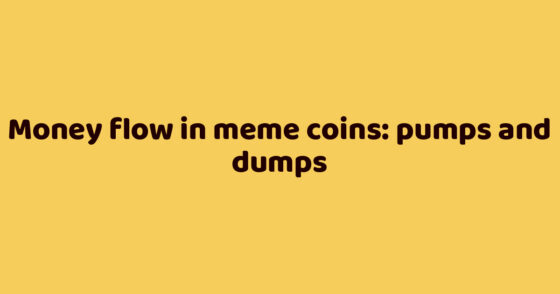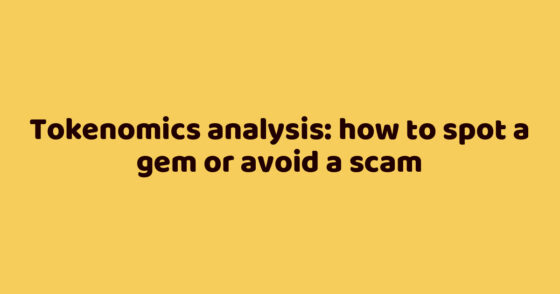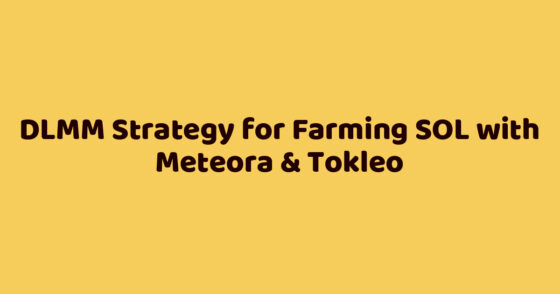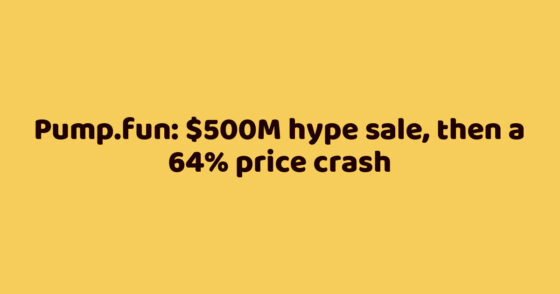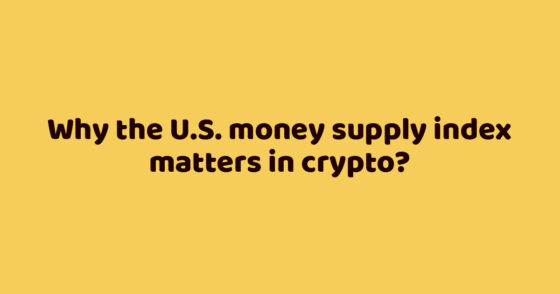The Endowment Effect is an extremely important phenomenon for any investor that constantly distorts your valuation of the assets you own.
What is The Endowment Effect?
It is a psychological phenomenon in which people value items they own more highly than items they do not own. That is, people are willing to pay more for an item they already own than they would pay for the same item if they didn’t own it.
This applies to everything from a mug to a token in a briefcase.
Examples
A classic by Kahneman:
One group was given a coffee mug and then asked to state the minimum price they would be willing to sell it for, and another group was asked to state the maximum price they would buy the same mug for. The researchers found that the median selling price was more than twice the median buying price.
This cognitive bias also exists in animals:
In a study by Brosnan and de Waal (2003), capuchin monkeys were trained to exchange for a food reward, and the monkeys willingly exchanged part of a cucumber for a whole cucumber, but sometimes refused to exchange a grape for a whole cucumber.
This effect is widely used in marketing
– The trial period is designed not only to make you forget to unsubscribe and accidentally pay for it, but also to make you not want to unsubscribe because of the sense of loss and the ownership effect in action.
What are the causes?
It is important to understand the causes of this effect, as it will make it easier for you to see how it affects you.
– Loss aversion – when people own something, they become attached to it and feel a sense of loss when they lose it. Just think back to a losing trade.
– Any change is stressful. We cling to a certain status quo. It is psychologically much easier to decide to sit out a loss than to close a loss now and enter a trade later. A kind of psychological inertia
– We overestimate the time and effort we put into what we own, even if it is just choosing a T-shirt. It takes time to choose a stock, to research it, to analyse it.
Manifestation of the ownership effect in the cryptocurrency market
– We value tokens in the portfolio much higher than their counterparts that we do not own.
– A positive result in an individual transaction becomes more valuable. If there was a profit in an open position that you did not record, and then the position became unprofitable, you are trying in some way to wait for the exact profit that you have already seen in the account.
There are two aspects: we reassess the financial result and fixate on returning to it because we feel that we already have that amount in the account. Or we overvalue the asset itself because we own it.
None of this works well with diversification and portfolio rebalancing, because you have to get rid of the asset.
How to reduce the impact of this effect?
– The first step is to recognise that the ownership effect is constantly affecting you. Recognising that you are emotionally attached to your investments will help you to make more rational decisions.
– Make it a regular practice to review your positions and rebalance your portfolio. Do this regularly – it should be a rule.
– Compare it to alternative investments. This will help you understand whether your assets are really more valuable than other options, or whether you are subject to holding effects.
– Use external valuations and advice. Most of the time you hear conflicting advice, make decisions on your own, think with your own mind. But for the assets in your portfolio, it is useful to get other people’s opinions. It is important not to do this selectively, looking only for positive facts.
– Creating a clear and detailed investment strategy helps to minimise the influence of emotions. Define goals, risk tolerance and rules for buying and selling assets. Strict adherence to this strategy will help reduce the influence of the ownership effect on your decisions. It’s complicated, but it’s the most effective.

